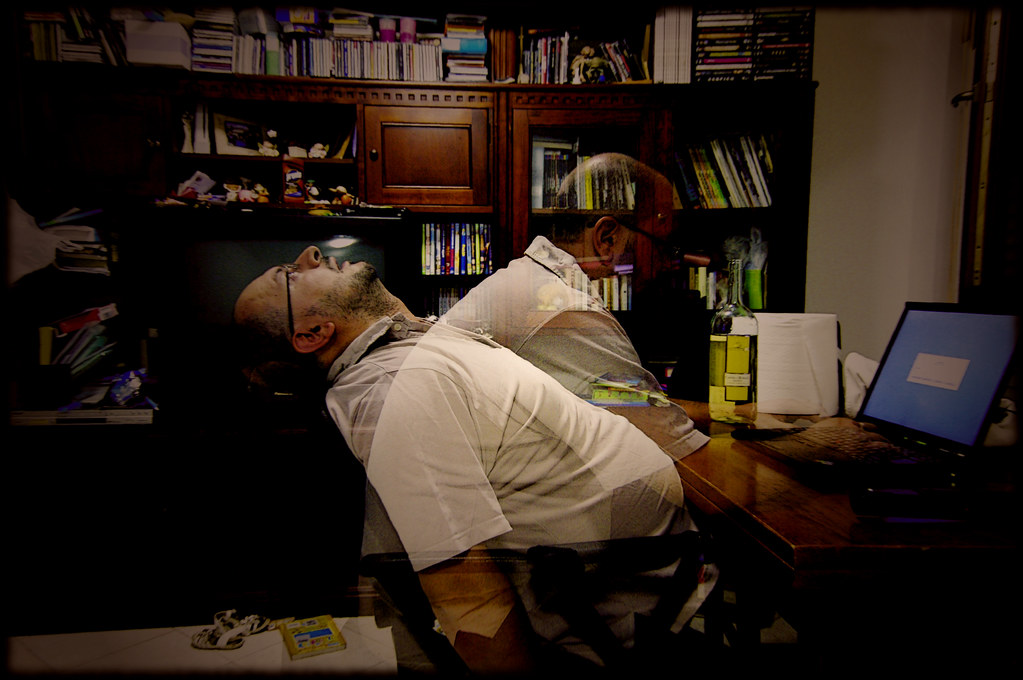In today’s high-speed, always-connected world, chronic stress has become a silent epidemic. But it doesn’t have to control your life. With the right daily habits, you can train your brain and body to regulate anxiety, enhance focus, and restore calm. In this guide, we explore 12 science-backed and experience-tested habits to reduce stress that you can begin using today.
1. Acknowledge Completion: A Habit to Reduce Stress and Mental Clutter
In a digital world, tasks often feel endless and intangible. One effective way to reduce stress is to mark task completion physically. Use checklists—even write down completed tasks just to check them off. This small but powerful ritual gives your brain a moment of closure and clarity.
Tip: Try a physical gesture or tool (like a checklist app or a tactile clicker) to reinforce the reward of task completion.
2. Set Down Mental Weight Consciously
Stress builds when we mentally carry unfinished business. One expert tip is to make a conscious daily habit of letting go of work-related thoughts. A simple prayer, mantra, or even switching off notifications can mark a mental transition and reduce emotional fatigue.
Habit: End your workday with a short phrase like, “I’ve done my best. Now I can rest.”
3. Do Something Manual Every Day
When life feels abstract, doing something physical—like cleaning, gardening, or fixing something—grounds you. Manual labor offers visual proof of progress, which triggers your brain’s parasympathetic response: the “rest and digest” mode that signals safety and calm.
4. Slow Down: Running from Anxiety Makes It Worse
If you constantly rush through your day trying to stay ahead of stress, it may backfire. Like a child running home in the dark, speeding up often intensifies fear. Slowing down, breathing, and acknowledging your surroundings can break this cycle.
Strategy: Take 60 seconds every hour to slow your breath and look around—literally.
5. Regulate Your Nervous System Throughout the Day
Multitasking floods the brain with unresolved signals. To combat this, do one thing at a time. Close excess tabs (mentally and on your screen), and periodically check in with yourself.
Quick Fix: Pause. Notice what you’re doing right now. That’s mindfulness—and it helps you reset.
6. Practice “Big Picture, Small Picture” Thinking
Stress becomes overwhelming when everything feels urgent. One of the most effective habits to reduce stress is to sort and prioritize your tasks deliberately. Write down everything on your mind, then select one or two items to focus on.
Try: A daily “brain dump” followed by highlighting your top 2–3 priorities.
7. Sleep: Your Secret Weapon Against Stress
Good sleep is essential for executive brain function. Without it, your brain can’t sort through information or regulate emotions effectively. If anxiety is disrupting your sleep, start with one small improvement—like reducing screen time before bed or keeping a consistent bedtime.
8. Get Better at Saying “No”
Overcommitment is a major source of chronic anxiety. Learning to say “no” preserves energy and focus. Say no to late-night outings if they’ll affect your sleep. Say no to overextending yourself if it’ll lead to burnout.
Affirmation: “Saying no to this means saying yes to peace.”
9. Get Time in Nature: A Natural Habit to Reduce Stress
Nature is a proven antidote to anxiety. Whether it’s a walk in the park, looking at the sky, watering plants, or even watching a documentary about nature, incorporating green into your day helps reduce stress hormones.
Don’t have access to wilderness? Try houseplants, nature videos, or bird sounds.
10. Create a Wind-Down Routine
To prepare for deep, restorative sleep and transition out of your busy mode, develop a nightly wind-down routine. This might include taking a bath, reading a book, or turning off your phone early.
Ritual: Choose 2–3 calming activities that signal the end of your day.
11. Unplug from Digital Overload
Constant notifications and screen time create mental noise. Reduce digital stimulation by turning off unnecessary alerts and carving out no-screen blocks throughout the day.
Start with: 30 minutes of screen-free time before bed.
12. Give Yourself Grace and Celebrate Small Wins
Perhaps the most underrated habit is self-compassion. Celebrate even the smallest efforts—checking off a task, saying no to an unnecessary commitment, or taking five minutes to breathe.
Remember: Peace isn’t earned through perfection; it’s cultivated with intention.
Final Thoughts: Build These Habits to Reduce Stress, One Step at a Time
You don’t need to overhaul your life overnight. Begin by choosing one or two of these habits to reduce stress and integrate them into your daily routine. Your nervous system, your peace of mind, and your productivity will thank you.
What’s one habit you’ll start today to reduce stress? Let us know in the comments!







